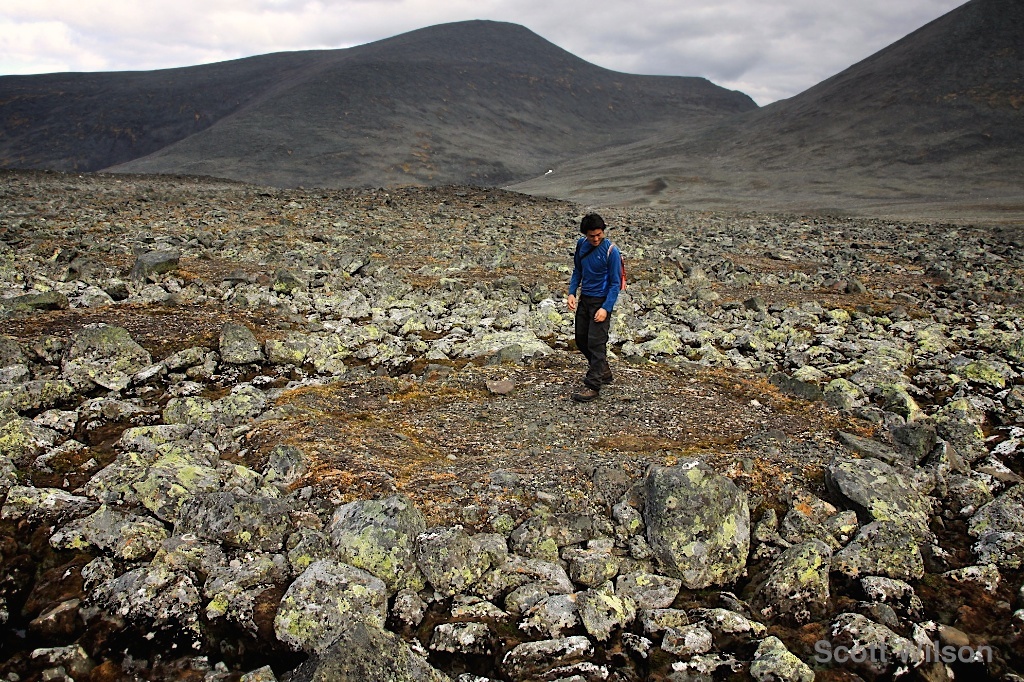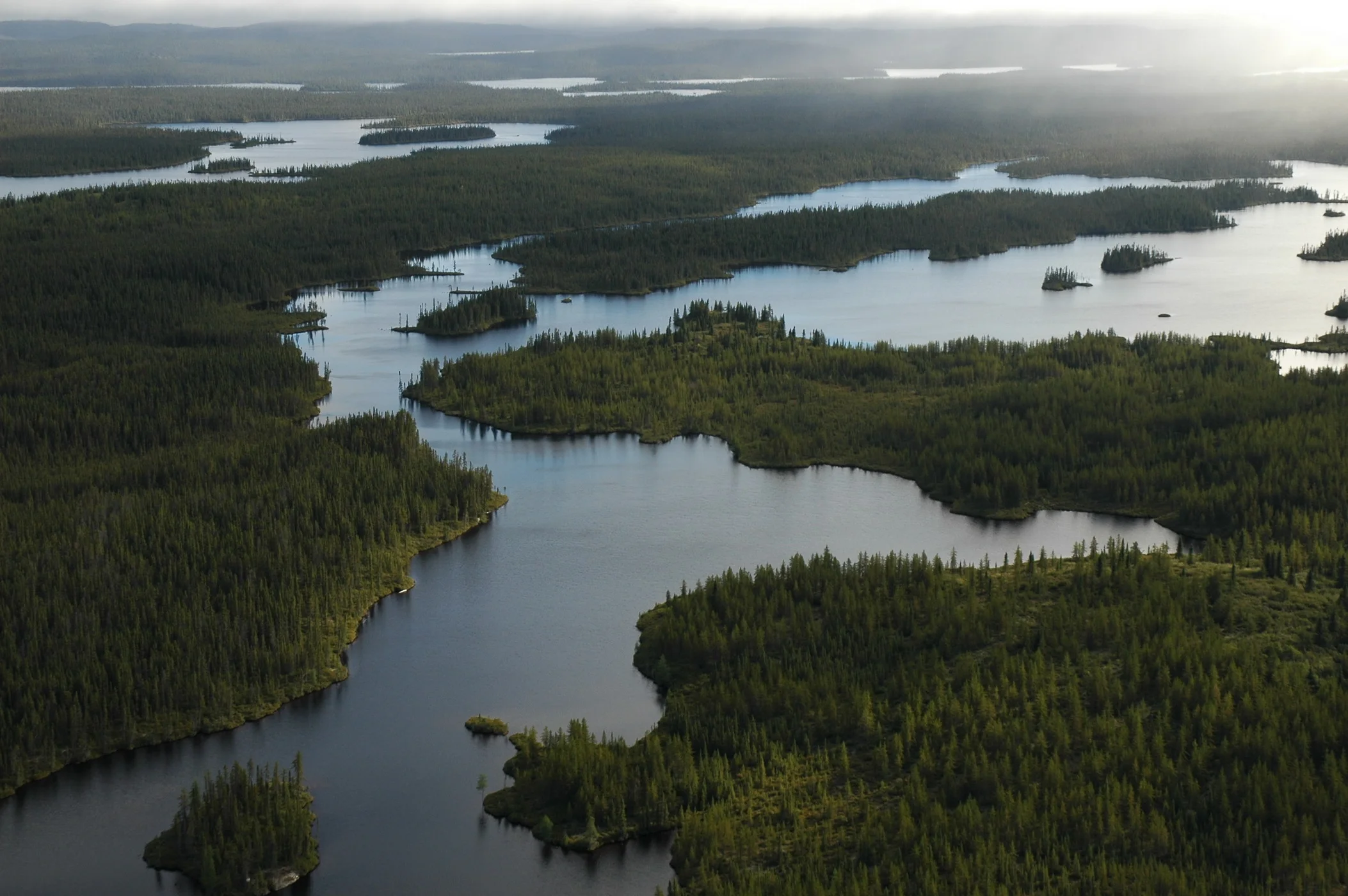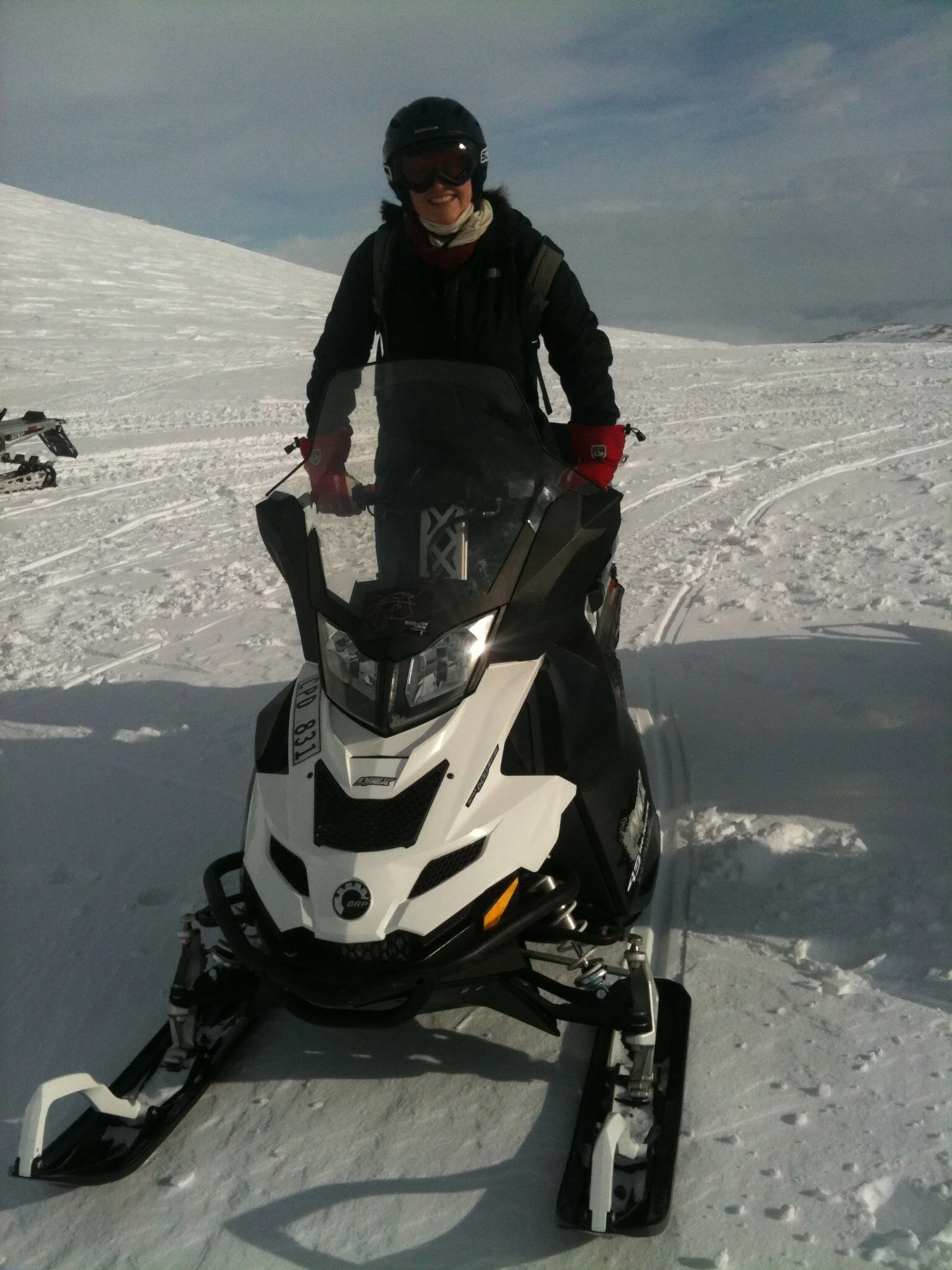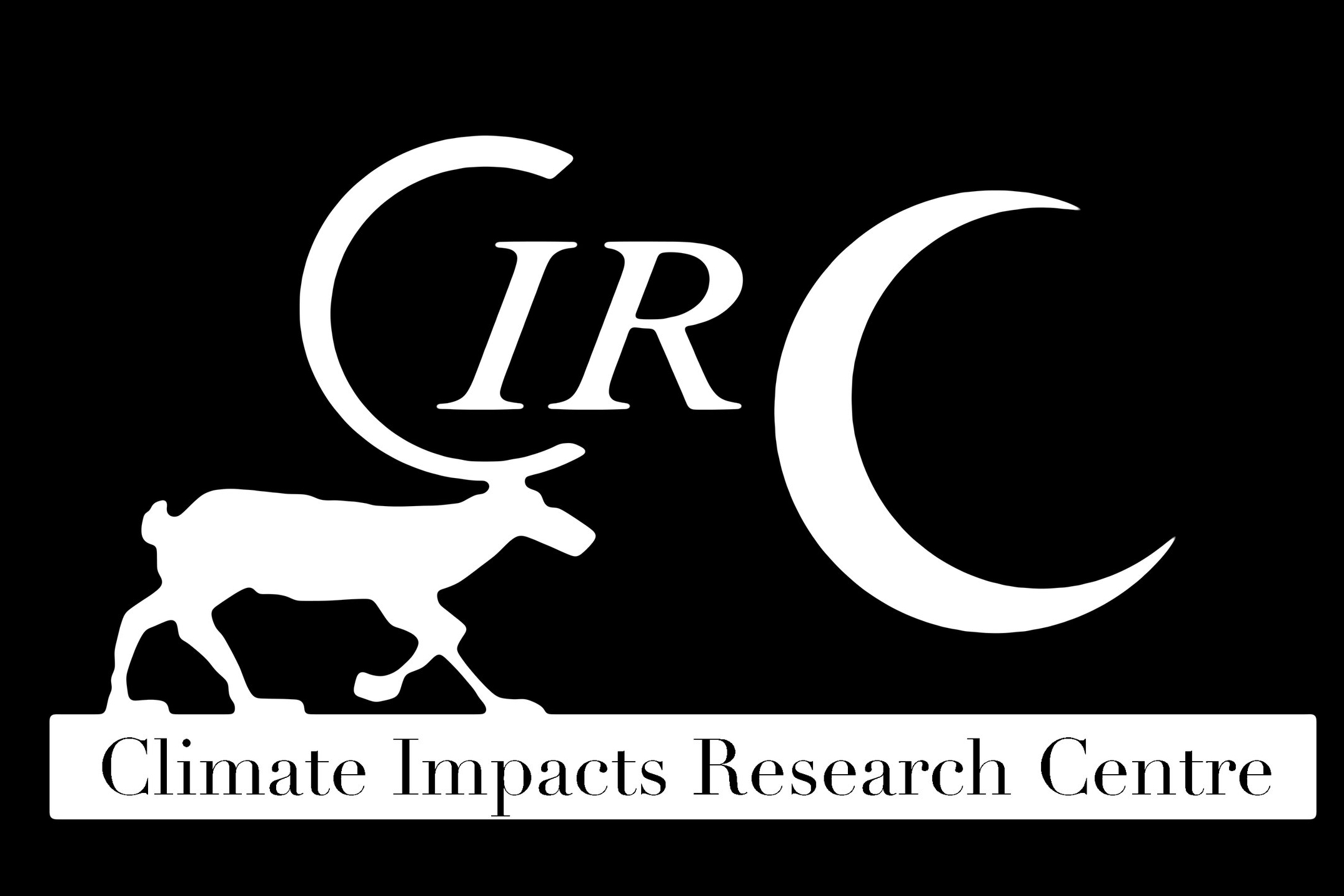Meet Our Visiting and Associated Researchers
My general research interests address the temporal and spatial scales of carbon transportation and transformation throughout the aquatic network.
My research is diverse but the unifying theme is my underlying interest in the interactions between climate, biogeochemical cycles, and plant and animal communities.
In my postdoc at CIRC, I explored the (indirect) effects that climate warming may have on soil decomposition and respiration through changes in the vegetation and microbial communities.
I do research in Ecosystem Ecology and Biogeochemistry, and recently completed a project focusing on quantifying the Rhizosphere Priming Effect (RPE) on a large scale.
As an evolutionary ecologist I am interested in how human activities influence (directly & indirectly) and shape the behaviour and life-history traits of social insects.
I am a microbial ecologist interested in low-energy input environments such as permafrost, deep soil and subsurface, and the role microbes play in their biogeochemistry.
I am interested in understanding the sensory limits of pollinator foraging behaviour, with a particular focus on bumblebees and butterflies.
My research focuses on food webs, biodiversity and functioning of aquatic ecosystems. I am particularly interested in their responses to anthropogenic stressors (e.g. eutrophication, acidification, brownification, atmospheric nitrogen deposition, etc.) and climate change.
My primary research goals are directed towards evaluating human and climate impact on ecological and biogeochemical processes using radionuclides as tracers. I have expertise in both terrestrial and aquatic ecosystems at various temporal and spatial scales.
I’m an environmental scientist. With that I mean that I base my science on environmental issues with high societal values, rather than on traditional scientific disciplines.
My primary research focus is on the pathways linking key environmental processes across geographic scales. Lakes are typically studied individually, or in small groups in close proximity, and this inhibits identification of mechanisms by which large-scale factors like climate change influence ecosystem patterns and processes.
My research focuses on how abiotic and biotic interactions influence community and ecosystem responses to climate change in arctic and mountain ecosystems.
I study aquatic ecology and biogeochemistry in northern lakes and brackish water coastal ecosystems, focusing on benthic processes.
Our lab focuses on how the processes that determine the structure and function of ecological communities are altered by multiple and co-occurring forms of human-based environmental change.
I am interested in the ecology and biogeochemistry of mountain lakes. In my current research, I try to better understand how whole-lake primary productivity and respiration relate to water column stratification, light, and nutrient conditions.
My research interests is to understand how plant-soil linkage will be influence by ongoing climate change in cold biome. I love to know the complicate relationship between plants and related organisms in soil.
I am interested in the distributions of plant growth forms and richness along environmental gradients, especially tree lines in the northern Great Plains and in alpine systems, such as Abisko.
My research focus is on the impacts of climate change on cold-adapted ecosystems in relation to carbon cycling and vegetation community dynamics.
I am an ecologist who is not only interested in the effects of a changing environment on ecosystem processes, but also very much in the mechanisms behind it.
I am interested in how ecosystems work across different scales in the landscape. I started with forests, then lakes, and now my PhD is focused on CO2 fluxes from river networks.
I am a terrestrial field ecologist with special interest in cold ecosystems. With the use of various approached spanning from field experiments, natural gradients and observations I study how the role of mosses in arctic ecosystems is affected by climate change.
I am interested in the long-term development of aquatic and terrestrial ecosystems and how this affects biogeochemical cycling at a range of spatial and temporal scale.
My primary research aim is to assess impacts of climate change on land-water-atmosphere interactions.
The focus of my research is nutrient dynamics in running waters in the Arctic which means that my I integrate ecology, physical geography and chemistry.
I am a terrestrial ecologist with a specific interest on herbivore-plant-soil interactions and their impacts on ecosystem’s biogeochemical cycles.
I’m interested in how biotic interactions and environmental changes impact plant communities and consequently ecosystem functioning.





























